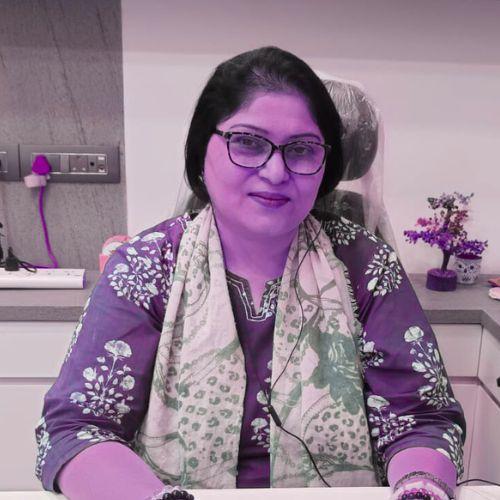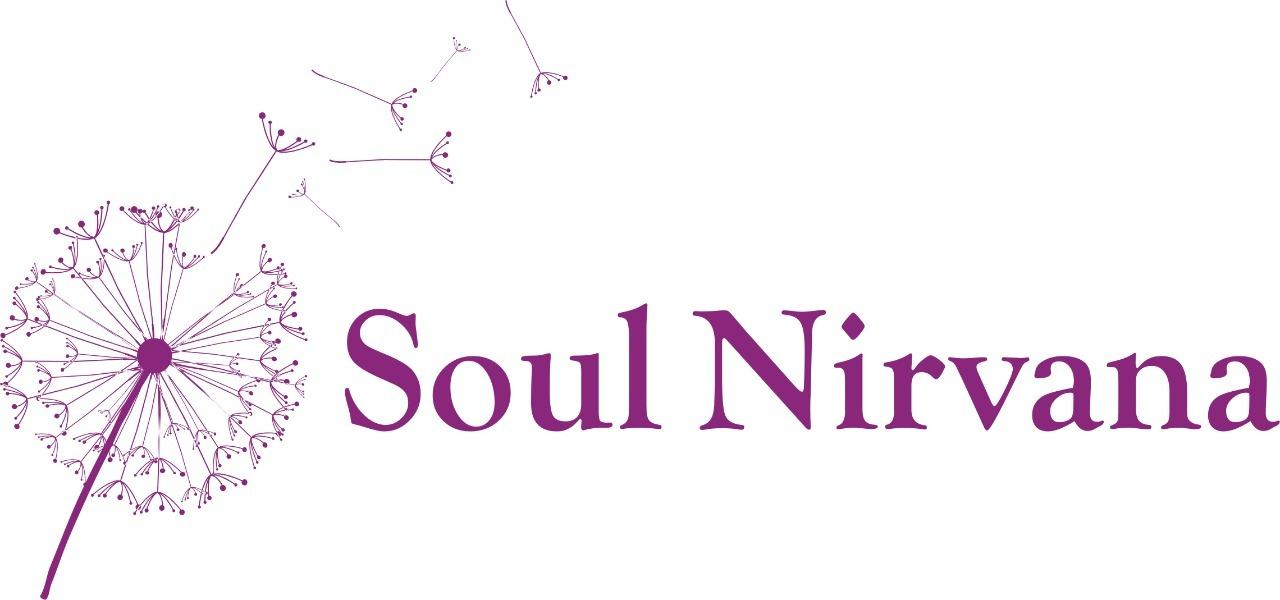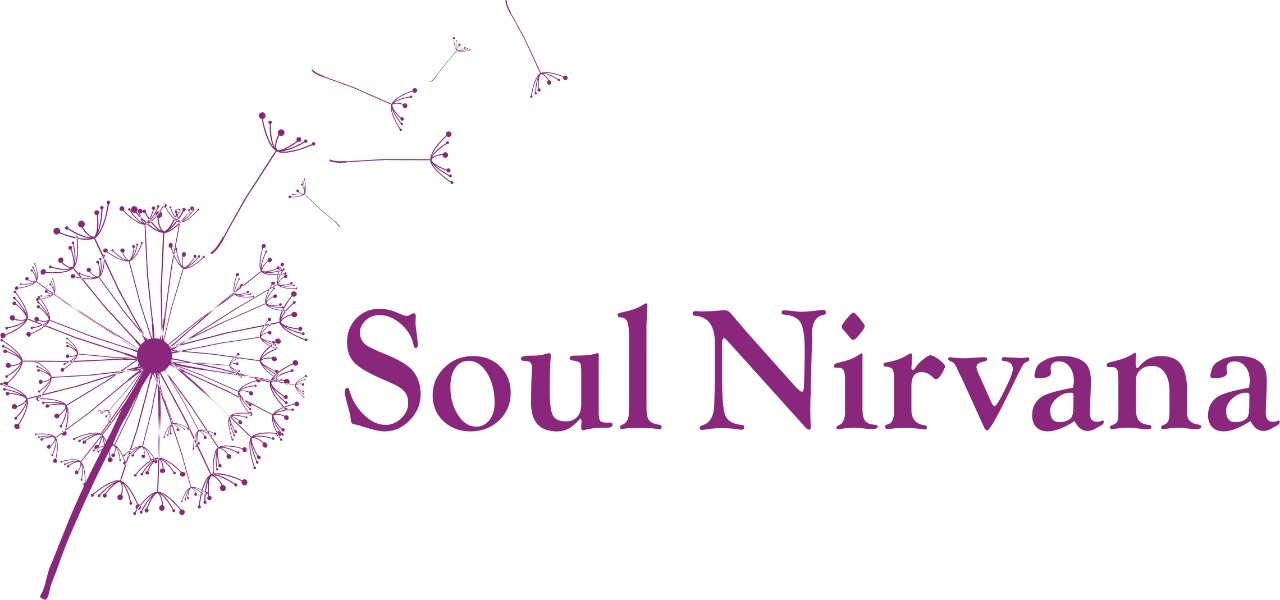The Art of Setting Emotional Boundaries in Close Relationships

Introduction
You care deeply about your partner, family member or friend. You open your heart, you support, you forgive—and yet something starts to feel off. You feel depleted, misunderstood, or like you’re losing yourself in someone else’s emotional world.
That’s often the sign of undefined emotional boundaries.
Boundaries aren’t walls built to shut others out, they are lines drawn to preserve your sense of self, protect your emotional well-being, and allow connection with clarity. In this article, we’ll explore why emotional boundaries matter, how to set and revise them, and what to do when you face guilt or resistance for asserting them.
Why Emotional Boundaries Are Essential
- Protecting your emotional space: Without boundaries, you may absorb others’ moods or feel responsible for their feelings. Setting emotional boundaries helps you separate “their story” from yours. For example, one expert notes that emotional boundaries protect one’s own emotional state while allowing others to process theirs.
- Healing relationships rather than harming them: Contrary to the idea that boundaries are selfish, they actually help relationships become more balanced and sustainable. According to HelpGuide, emotional boundaries help others respect your internal comfort level so you can engage more authentically.
- Defining your identity within connection: Healthy boundaries keep your “you-ness” intact—your dreams, needs, limits—while still allowing closeness. They become the safest soil for intimacy, trust, and mutual growth.
- Preventing exhaustion and resentment: Constantly giving without limits leads to burnout. One source outlines how weak emotional boundaries erode self-respect and eventually damage both people in the relationship.
Practical Advice for Setting, Revising and Enforcing Boundaries
1. Identify Your Limits
Start by asking yourself: when do I feel drained or resentful? What behaviors from others make me withdraw or feel upset? These emotional cues often point to where your boundary has been crossed.
Writing down a few patterns helps reveal recurring themes.
2. Define the Boundary Clearly
A boundary is most effective when it is clear and specific:
- Emotional: “I can't engage in conversations after 10 p.m. when I'm already exhausted.”
- Time: “I need quiet alone time each Sunday afternoon to recharge.”
- Communication: “I need you to ask before discussing deeply personal topics when I’m with company.”
Giving examples clarifies how you want to be treated and shows you know your needs.
3. Communicate the Boundary
Choose a calm moment. Use “I” statements (less blaming, more owning). For example:
“I feel overwhelmed when we discuss heavy topics late at night. I’d like us to set a time for those conversations when we both feel rested.”
Avoid “You must…” and focus on what you need. This style comes from best-practice guidance in relationship psychology.
4. Expect and Manage Pushback
Sometimes the person you share a boundary with may react with surprise, hurt, or even anger. It’s not because you’re wrong—it often means this boundary forces a change.
When pushback occurs:
- Stay calm and reiterate your need.
- Give them time to adjust.
- Remind yourself: you’re not rejecting them—you’re protecting your capacity to be present in the relationship.
5. Enforce the Boundary with Consistency
A boundary loses power if you don’t follow through. If you say you’ll pause a conversation when things get heated, then actually do it. Consistency builds respect (within yourself and from others).
Over time, your boundaries become part of your relational rhythm rather than an occasional disruption.
6. Revise When Needed
Life changes—so your boundaries may too. After big transitions (moving, job change, new relationship phase), check in: “Does this boundary still serve me?” Adjusting isn’t weakness—it’s wisdom.
Handling Guilt, Resistance & Emotional Fallout
- Guilt doesn’t mean you’re doing wrong: It often means you’re doing something new. When you go from accommodating everything to honoring your limits, guilt may show up as a sign of growth.
- Resistance is normal: Some people were used to your lack of limits because it gave them predictability or control. When you shift, they may feel disruptive. That’s their adjustment pain, not your mistake.
- Self-compassion is essential: As you practice boundaries, you’ll face old wounds—fear of abandonment, worthiness questions, people-pleasing triggers. Giving yourself kindness and allowance helps you stay grounded.
- Reach for support when needed: If you repeatedly feel unsafe setting boundaries, or if emotional reactions spiral (panic, rage, deep shame), working with a counsellor can help you unpick the patterns beneath.
An Example in Relationship
Imagine two people in a long-term relationship where one partner used to choose to stay late at work and bring home emotional baggage nightly. The other partner accepted it for years, sacrificing their rest. Over time, resentment grew and intimacy faded. When the second partner finally set a boundary—“I’m asleep by 10 pm, let’s talk tomorrow morning”—it felt jarring at first. But the result: clearer communication, fewer emotional outbursts, and a rebalancing of shared responsibility. Boundaries can shift the dynamic from chaos to clarity.
When to Consider Professional Support
If you find yourself:
- continuously giving and feeling empty afterward
- unable to enforce your limits without deep anxiety or rage
- repeating the same “boundary meltdown” cycle in multiple relationships
- then you might be working with deeper relational patterns rooted in upbringing or trauma. In such cases, a service like Biographical Counselling & Life Scripts can support you in rewriting the old relational scripts so you can set emotional boundaries with confidence and compassion.
Conclusion & Gentle Invitation
Boundaries are not barriers to love—they’re the framework that makes love sustainable.
They protect your emotional integrity, foster respect, and create space for authentic closeness.
The art of setting boundaries is an ongoing practice of courage: choosing honesty over comfort, clarity over chaos, and self-respect over self-betrayal.
When you learn to hold space for your own needs, you teach others to do the same—and that is one of the most profound acts of healing you can offer any relationship.
If you often feel emotionally drained, misunderstood, or fearful of setting limits, you’re not alone—and you don’t have to navigate it in silence.
At SoulNirvana, we help you uncover where your boundaries blur, heal guilt and people-pleasing patterns, and rebuild confidence in your emotional voice.
Start your healing journey today.
Explore our Psychological Counselling programs and learn how to set boundaries that protect your peace—without losing connection.
Book your first online consultation and discover the quiet power of saying “no” with compassion and courage.
FAQs
1. Are boundaries selfish?
No. When done with respect and clarity, boundaries show love both for yourself and the relationship. They prevent harm, resentment and burnout.
2. Why do I feel guilty when I say “no”?
Often because you were conditioned to believe others’ needs must come before your own. Learning boundaries means re-learning that your needs matter too.
3. Can boundaries change?
Yes. Boundaries should be flexible enough to evolve with your growth, values and life context.
4. What if someone repeatedly ignores my boundary?
That may signal deeper incompatibility or relational injury. At that point, enforcing distance or ending a dynamic may become part of preserving your well-being.
References
- “How to Create Emotional Boundaries in Your Relationship,” Verywell Mind.Verywell Mind
- “Setting Healthy Boundaries in Relationships,” HelpGuide.HelpGuide.org
- “Why boundaries are important for your mental health,” UC Davis Health.UC Davis Health
- “What You Need To Know About Emotional Boundaries,” Lukin Center.Lukin Center for Psychotherapy
- “Relationship boundaries keep people in, not out,” Lyra Health.Lyra Health

Ms Sonali Sikdar
Ms Sonali empowers individuals to grow, heal, and align their careers with their inner calling.
Related Blogs
No related blogs available.

